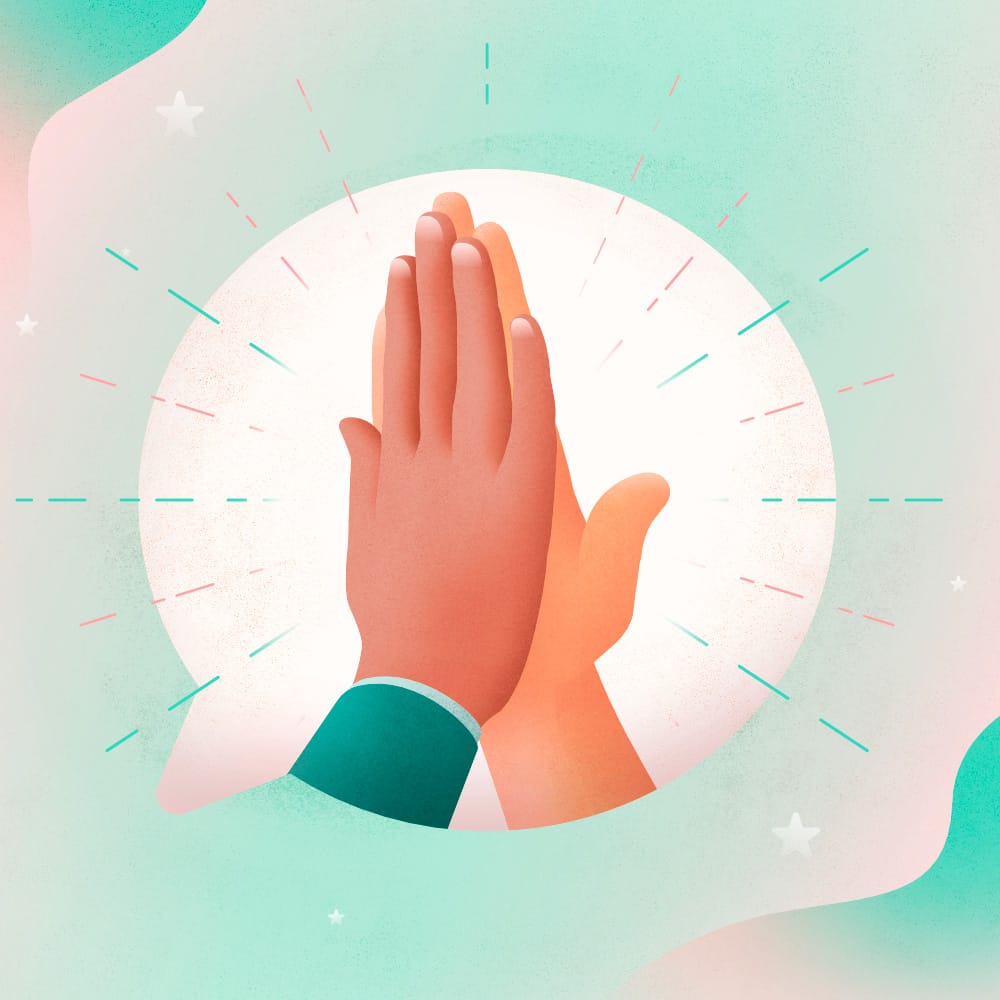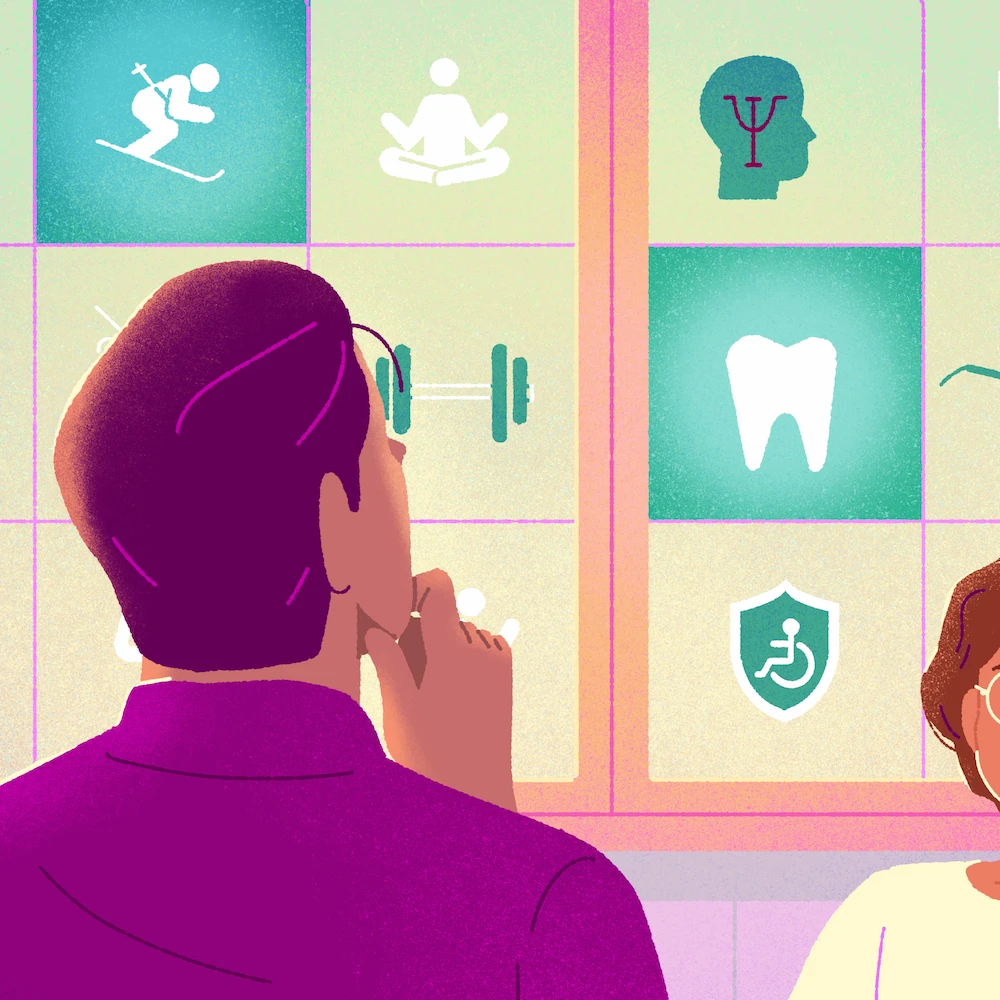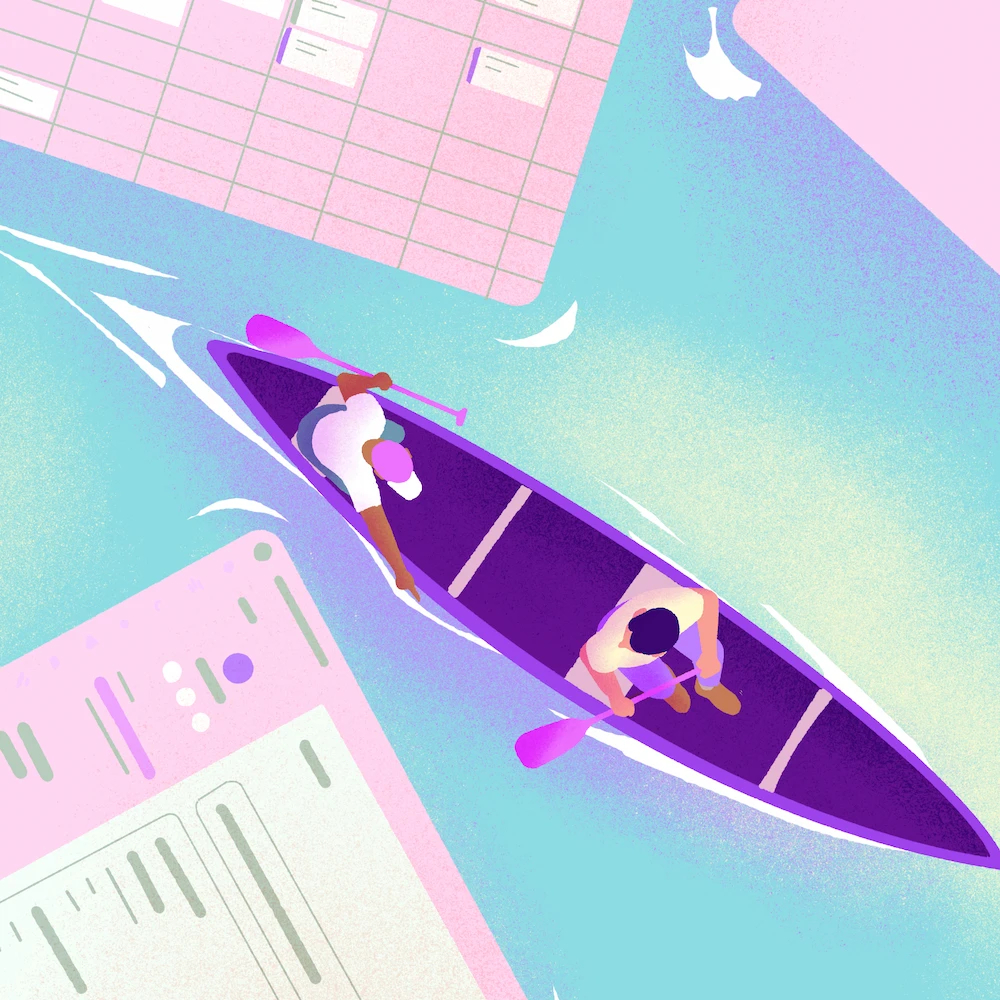Rewards and recognition refers to the acknowledgement of the good work of an employee and potential perks.
What Are the Different Types of Rewards and Recognition?
Companies use rewards and recognition programs to show appreciation to their employees and motivate them to continue their good work. There are two types of rewards and recognition: monetary rewards and non-monetary recognition.
Monetary rewards include:
- Bonuses;
- Treats;
- Paid events;
- Gifts;
- Additional day offs;
- Additional fringe benefits;
- Promotion.
Non-monetary recognition includes:
- Hand-written notes;
- Public praise;
- Time with the CEO;
- Performance-based awards.
What Are Examples of Rewards and Recognition Ideas?
Common rewards and recognition ideas include:
- Publicly recognizing the work of team members in company-wide meetings;
- Encouraging employees to highlight the good work of peers through a public recognition system;
- Offering branded gifts (water bottle, hoodies, tech accessories, etc.);
- Treating employees to free meals or snacks;
- Writing thank you notes;
- Sharing a meal with employees;
- Organizing team-building activities;
- Designating an exclusive parking spot;
- Celebrating work anniversaries;
- Spending one-on-one time with the CEO;
- Giving additional paid time off.
Why Are Rewards and Recognition Important?
Rewards and recognition allow employees to feel that their good work is both recognized and appreciated. It motivates them to give their best for the growth and well-being of the company.
Common benefits of giving rewards and recognition to employees include:
- Improving employee motivation, engagement, and satisfaction;
- Boosting employee retention;
- Creating a more positive workplace;
- Encouraging friendly competition;
- Building corporate culture;
- Reducing stress and absenteeism.
How Does a Reward and Recognition Program Work?
Rewards and recognition programs refer to a structured method of recognizing the importance of the contribution of employees to the success of the company.
Rewards and recognition programs allow the work of employees to be systematically recognized based on specific criteria to ensure fairness between the employees.











